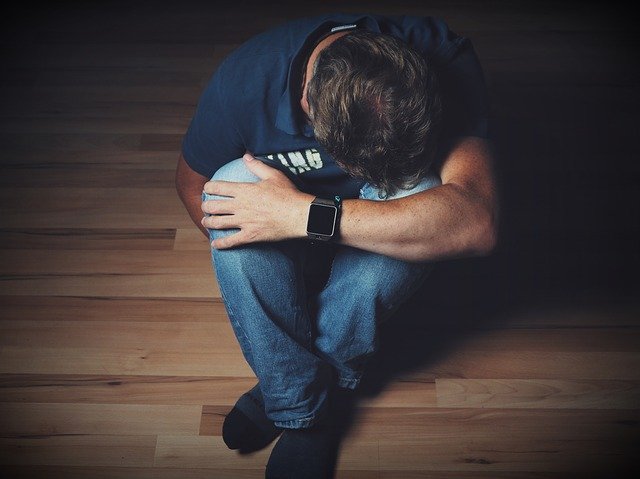Depression is a mental illness that should not be taken lightly. It is one of the most common mental illnesses in the United States, affecting more than 16 million American adults each year.
Depression can cause a person to feel sad, hopeless, and worthless. It can also lead to problems with sleep, appetite, and concentration. Depression can make it difficult to do everyday activities such as going to work or school.
If you think you may be experiencing depression, it is important to talk to your doctor. There are many treatments available for depression, including medication, therapy, and lifestyle changes.
Depression is not to be taken lightly so please contact a professional. This article is not a supplement for a skilled psychiatrist, here you will only learn how to identify and cope with a depressive episode until you perform a medical checkup.
What Is Depression?
Depression is more than just feeling sad, it’s a serious mental illness that can have an effect on every area of your life. It’s important to remember that depression is not a sign of weakness and you can get better with treatment.
There are many different types of depression, but all share some common symptoms. The most common symptoms of depression are feeling sad, hopeless, or worthless; losing interest in things you once enjoyed; changes in appetite or weight; difficulty sleeping or oversleeping; fatigue and decreased energy; feelings of guilt or worthlessness; and thoughts of suicide. It is very important to take note of these warning signs early in a depressive episode because the sooner you start working on this the faster you will be back to your original state of consciousness.
If you think you may be experiencing signs of depression, it’s important to reach out for help. Talk to your doctor about your symptoms and ask for a referral to a mental health professional. Depression is treatable, so don’t wait to get the help you need.
There are also some things you can do on your own to help manage your depression. Exercise, eat a healthy diet, get enough sleep, and practice relaxation techniques such as yoga or meditation. It’s also important to avoid alcohol and drugs, which can worsen depression symptoms.
The 7 Things You Can Do To Ease Your Mind When Depressed
Now that we have identified what depression is and how it commonly manifests let’s talk about the little ways with which we can try and help ourselves ease our overwhelmed mental state:
1. Talk to people
This one should be pretty obvious; talking about our problems is a great way of alleviating their burden. Talking to friends, family, or even a therapist can help us feel better and more in control. Never allow for your thoughts and especially feelings to pile up inside, share them no matter how unpleasant they might sound to others.
2. Exercise
Exercise releases endorphins, which have mood-boosting effects. A moderate amount of exercise is the key to keeping our moods up, so try and get in a good sweat at least three times a week.
3. Eat healthily
Eating nutritious foods helps keep our energy levels up and supports our mental health. Junk food can make us feel sluggish and foggy-headed, while healthy foods help us think more clearly. Also, try and prepare your own healthy meals as this can give you a sense of accomplishment which is really what you need right now.
4. Get Enough Sleep
A good night’s sleep is essential for our mental and physical health. When we’re well-rested, we’re able to think more clearly and make better decisions.
5. Take Breaks
It’s important to take some time for ourselves every now and then. Whether it’s taking a few moments to read a book or taking a weekend trip, taking breaks from the source of stress in our lives helps us rejuvenate and come back to our tasks with fresh eyes.
6. Practice Self-Care
This one is important for both our mental and physical health. When we practice self-care, we’re telling ourselves that we are worth taking care of. Some examples of self-care activities include taking a bath, reading, yoga, meditating, and spending time outdoors.
7. Seek Help
If we’re feeling overwhelmed or like we can’t handle our depression on our own, it’s important to seek professional help. A therapist can provide us with the tools we need to manage our depression and live a healthier life.
While little things might not seem like they can make a big impact when we are in the throes of a depressive episode, they can actually help us to get through it until we reach a better place or are able to seek medical aid. We should take some time for ourselves during these tough times and do what makes us happy, even if it’s just for a little while. These small moments of happiness can make a world of difference.
If you or someone you know is struggling with depression, please don’t hesitate to reach out for help. There are so many resources available and people who care and want to help. You are not alone!


























